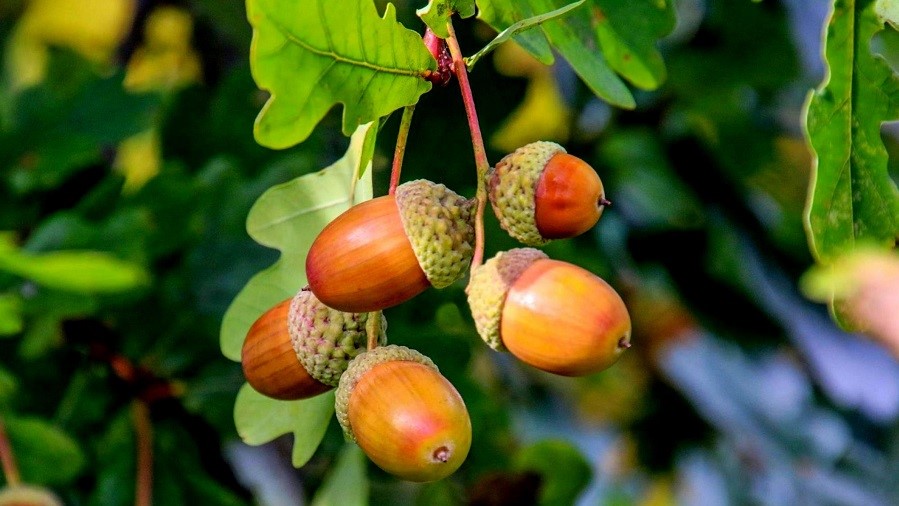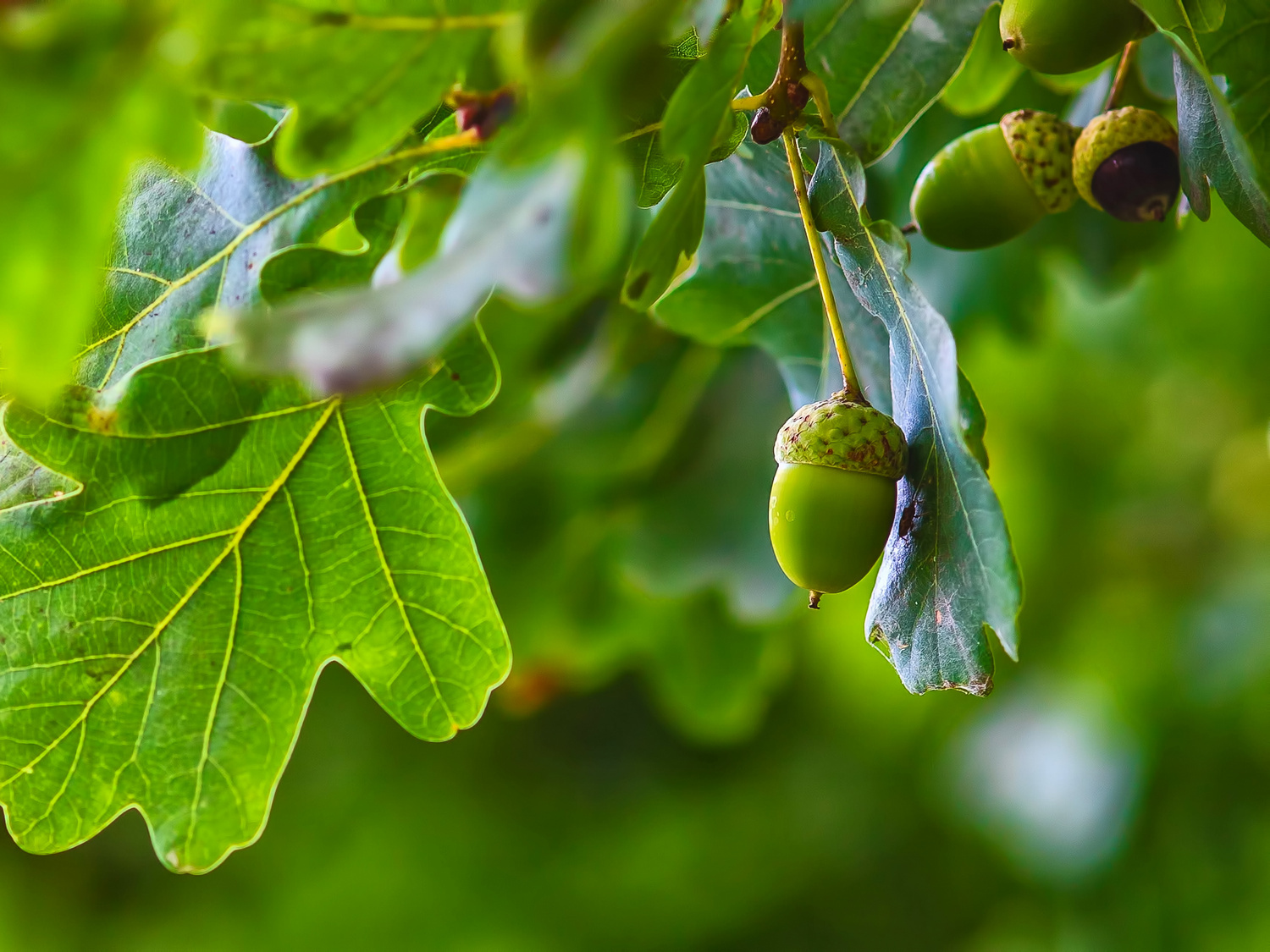
Should I be worried if my dog eats acorns?
Acorns are nuts of the oak tree and are a common sight on the ground during the autumn and winter months. Curious dogs may be interested in these unfamiliar objects while sniffing around in the grass and while owners might not think much of letting their dogs pick up an acorn, it’s important to be aware that acorns and dogs are a toxic combination.
Are acorns poisonous to dogs?
Acorns are poisonous if eaten by dogs. They contain tannins, and possibly other compounds, which if eaten can cause stomach upset and in very severe cases, liver and kidney injury and death. They are also hard and sharp and can cause an internal obstruction if ingested.
Acorn poisoning is also known as Quercus poisoning, which can also occur after a dog eats oak leaves. (The same compound can cause issues for humans).
What do you do if your dog eats an acorn?
If not caught early, the result can be permanent damage to the liver, so contact your vet or, out of hours, your nearest Vets Now immediately to ensure your dog receives treatment as quickly as possible.

What are the signs of acorn toxicity?
Signs that a dog has consumed acorns or oak tree leaves include:
These symptoms can occur within a few hours. The clinical signs depend on the amount ingested and the frequency with which this happens.
For example, a dog eating a small amount just once may cause diarrhoea, vomiting and lethargy, but dogs eating acorns regularly, or eating a large amount in one go, can result in more severe symptoms and may cause kidney or liver problems.
How do I stop my dog from eating acorns?
Diagnosis will typically involve a review of your dog’s symptoms and the circumstances surrounding ingestion. Your vet may also look for evidence of acorn ingestion in your dog’s vomit or faeces.
Are some dogs more at risk of acorn poisoning than others?
Dogs are most at risk if they have a large number of acorns, however, what constitutes a large amount is relative to the size of the dog. For example, a small terrier will need to eat a lot less than a collie to have eaten a large amount. Curious dogs with a tendency to pick up and ingest unsuitable items are most likely to grab acorns and are therefore particularly at risk.
How will the vet diagnose that my dog has been eating acorns?
Treatment will depend on the severity of your dog’s condition but is typically concerned with managing the symptoms your dog is displaying. If the acorns have caused an internal obstruction, surgery may be required in severe cases.
How do I stop my dog from eating acorns?
Limiting your dog’s exposure to acorns is vital. Avoiding areas with a lot of oak trees during the autumn and winter would be ideal, but if this isn’t possible be sure to keep a close eye on your dog when walking near acorns. It is also useful for them to understand the ‘drop’ or ‘leave’ command so you can make sure they put down any acorns they pick up.

